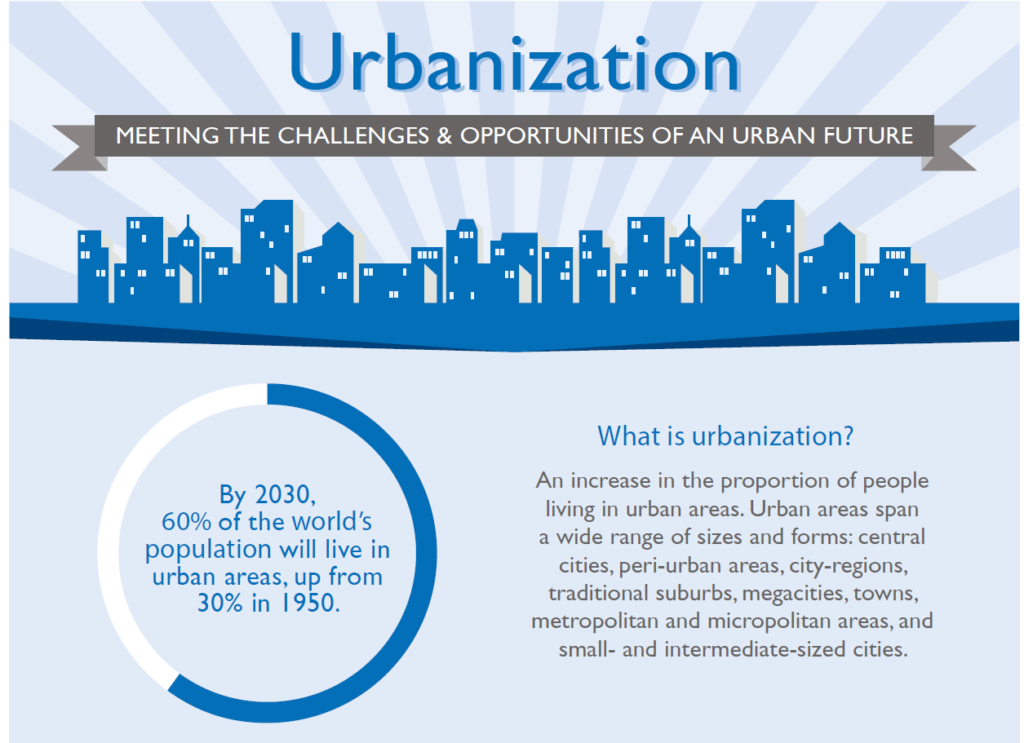
In the face of rapid urbanization, municipalities worldwide struggle with a critical dilemma: how to meet the escalating demand for water and sanitation services amidst swelling urban populations. The phenomenon of urbanization, characterized by the migration of individuals from rural to urban areas in search of improved livelihoods, happens to be a monumental challenge to existing infrastructure.
One such urban area facing the brunt of this challenge is the explosion of densely populated zones where access to adequate water and sanitation services remains a constant struggle. The appeal of urban life, with its promise of better opportunities, draws multitudes to these areas, exacerbating the strain on already overstretched resources.
In these congested communes, substandard water and sanitation facilities pose grave health risks, giving rise to recurrent outbreaks of diseases such as typhoid, dysentery, and cholera. The dire consequences of inadequate service provision loom large, highlighting the urgent need for intervention.
Then there is the issue of the unchecked expansion of urban infrastructure, including the construction of buildings, schools, and roads, which disrupts the natural water cycle, paving the way for surface runoff and subsequent flooding. The redirection of water sources to accommodate burgeoning settlements further disrupts ecosystems, compounding environmental degradation.
Compounding these challenges is the looming specter of water pollution, fueled by unchecked waste discharge from densely populated areas and industrial effluents. The resultant contamination poses grave threats not only to human health but also to the delicate balance of aquatic ecosystems, imperiling the very foundation of life.
To mitigate these pressing concerns, concerted efforts by governments, urban planners, and regulatory authorities are imperative. The establishment of robust wastewater treatment facilities stands as a crucial step towards curbing the spread of waterborne diseases and safeguarding public health.
Equally essential are stringent regulations governing water and sanitation systems, coupled with punitive measures to deter infringements and ensure the integrity of vital infrastructure. Only through proactive measures and sustained collaboration can urban centers hope to surmount the formidable challenges posed by rapid urbanization and secure a sustainable future for generations to come


